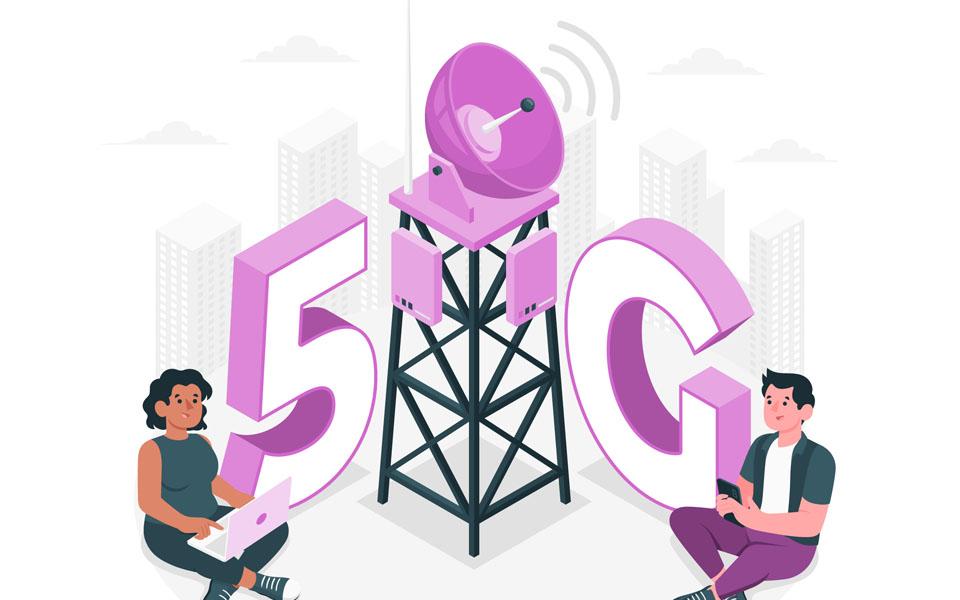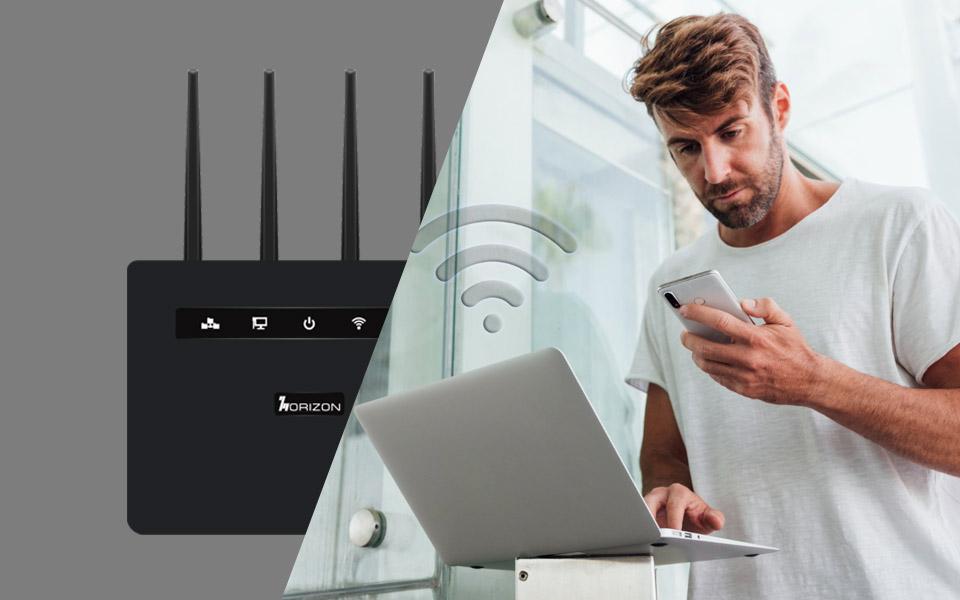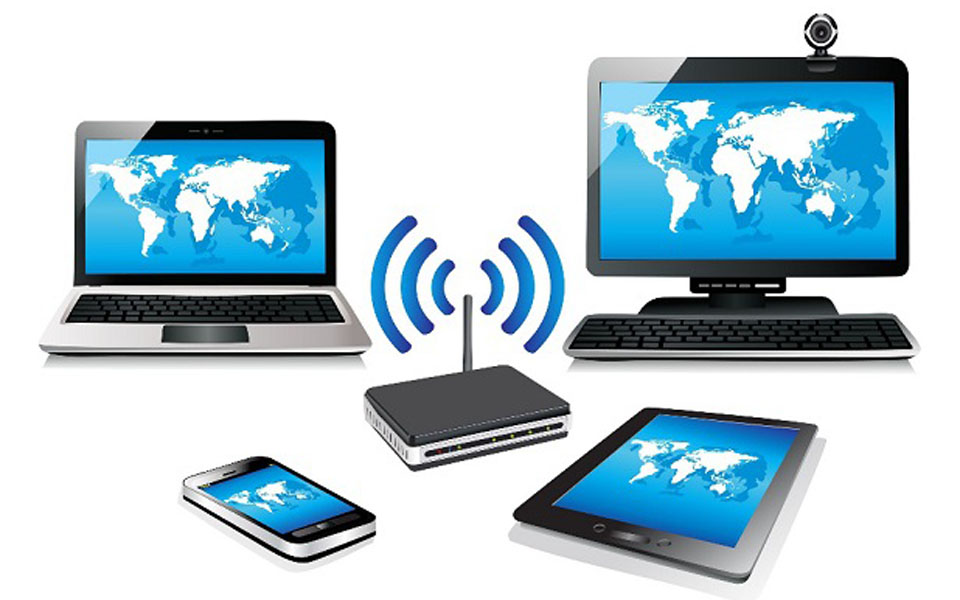Navigating the Reliability of 5G Failover: What Businesses Need to Know
In today’s present era, businesses depend heavily on the internet to keep their operations running efficiently. The moment there is an Internet blackout, it will have an adverse impact on transactions, communication with clients, and any critical business data, ultimately resulting in significant losses. This is where the 5G Failover solution comes into play which acts as a failsafe for your business internet.

What is 5G Failover?
5G failover is a backup network that automatically switches to a 5G network when your primary internet connection goes down. It offers businesses an uber-reliable backup connection when the primary network experiences downtime. Businesses benefit from an added layer of reliability, increased customer satisfaction, productivity, and 99.9% uptime.
This technology is particularly beneficial for businesses that need help to afford to be offline, such as e-commerce platforms, healthcare facilities, and financial institutions.
The Reliability Factor
While 5G failover holds promise in providing robust backup connectivity, businesses must understand its reliability factors. Like any technology, 5G failover is not immune to limitations and potential challenges. Factors such as network coverage, signal strength, and infrastructure play crucial roles in determining the reliability of 5G failover solutions.
Assessing Network Coverage
One of the primary considerations when implementing 5G failover is assessing the network coverage provided by the chosen service provider. While 5G networks rapidly expand, coverage may still be limited in certain regions or areas with geographical challenges. Businesses must conduct thorough research and consult with providers to ensure adequate coverage for their operational needs.
Evaluating Signal Strength
In addition to coverage, signal strength is another critical factor that directly impacts the reliability of 5G failover. Businesses operating in areas with weak signal strength may experience inconsistencies in connectivity, leading to potential disruptions in operations. Conducting signal strength tests and investing in signal-boosting solutions can help mitigate this risk.
Infrastructure Redundancy
Beyond network coverage and signal strength, businesses should also consider implementing infrastructure redundancy to enhance the reliability of 5G failover. This may involve deploying redundant hardware, utilizing multiple service providers, or integrating failover mechanisms at various network entry points. By diversifying their infrastructure, businesses can minimize the risk of single points of failure and ensure continuity during network outages.
Best Practices for Implementation
To maximize the reliability of 5G failover, businesses should adhere to several best practices:
- Conduct thorough network assessments to identify potential vulnerabilities and areas for improvement.
- Invest in quality hardware and equipment to support seamless failover transitions.
- Regularly test failover mechanisms to ensure they function as intended during emergencies.
- Establish clear communication protocols and escalation procedures to coordinate responses to network failures.
- Continuously monitor network performance and adapt failover strategies based on evolving technological advancements and business requirements.
The Horizon Powered IR2005G 5G Industrial Router
Horizon Internet IR2005G industrial router is ready to offer secure and reliable remote connectivity to your IoT/M2M applications in several industries. Extremely high data rates open the door to professional 5G applications such as smart manufacturing and automated logistics.
Horizon IR2005G provides easy, wireless communication for the M2M application including connected vehicles, immersive entertainment, cloud robotics, machine remote control, eHealth, SCADA servers, RTUs, PLCs, remote I/O, and other Ethernet and serial connected devices such as security cameras or industrial sensors.

Broadband Failover
The Horizon Powered IR2005G can be configured to use Ethernet or Wifi as primary internet and failover to 5G in the event of an outage. This can help to provide resilience to outlets such as shops and small offices at a reasonable cost, and provide sufficient bandwidth for multiple users. IPsec, DMVPN and Open VPN protocols can be used for connections to core networks. You get continuous internet connectivity and hence a seamless online experience even when the signal is lost or during outages.
Conclusion
In an increasingly interconnected world, businesses must prioritize resilience and continuity in their operations. 5G failover offers a promising solution to mitigate the risks associated with network downtime, but its reliability hinges on various factors such as network coverage, signal strength, and infrastructure redundancy. By understanding these factors and implementing best practices, businesses can navigate the reliability of 5G failover effectively and ensure uninterrupted connectivity in the face of adversity.








